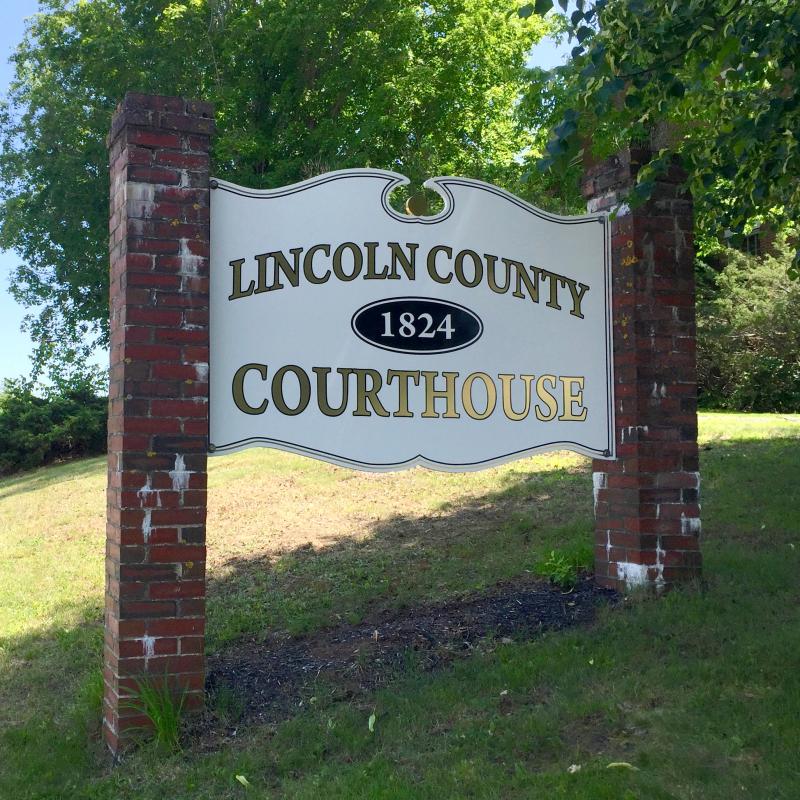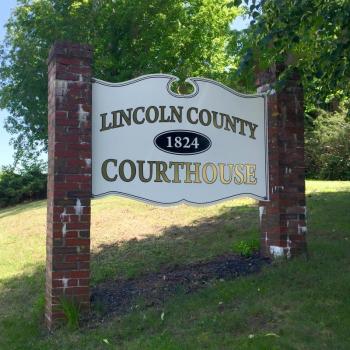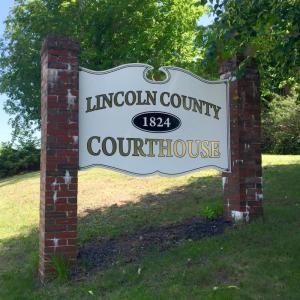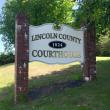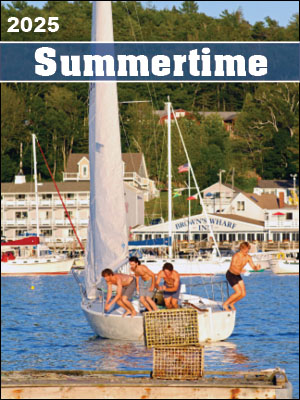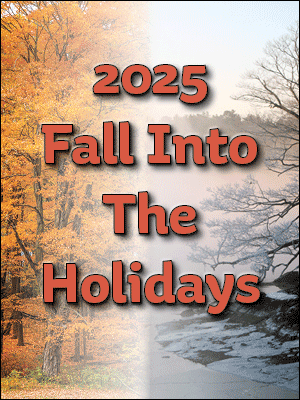Court denies plaintiffs’ request in school referendum litigation
A Lincoln County Superior Court justice has denied plaintiffs' request in a lawsuit contesting the $30 million referendum for renovations to Boothbay Region Elementary School. The Dec. 31 ruling denied the request for a new referendum and denied an independent claim that the plaintiffs' were deprived of their First Amendment rights.
“Obviously, we were pleased with the decision,” said Alternative Organizational Structure 98 Superintendent Robert Kahler. "Not only did (the Board of Trustees) do legally what they could do, but even the decision itself was like, ‘and rightfully so. They did what they should have done.’”
June 12, eight petitioners filed the lawsuit against the Community School District (CSD) and Board of Trustees. The petitioners argued their rights were violated when a May 1 petition was rejected by the district. The lawsuit requested the court declare the petition valid and the district hold a new referendum. In another claim, plaintiffs argued the Board acted unconstitutionally, depriving them of their First Amendment right to petition the government.
The petition was filed May 1 with 347 voter signatures, according to town clerks’ counts that the CSD reported. Petitioners favored reconsidering and repealing the April 24 vote that approved a $30 million BRES renovation. In a second article, signers supported the CSD in updating and renovating BRES in a project not to exceed $10,250,300.
The court ruling, from Justice Deborah Cashman, said the core issue is the meaning of “petition to reconsider.” According to the document, reconsideration is a narrow review of one matter, and its only outcome could be to uphold or revoke the prior bond amount, not propose a different ballot initiative. The court said the petition unambiguously offered signers an option for an alternative referendum, which the court instead called a replacement.
“The petition does not meet the common-sense definition of ‘reconsideration,’ and the Board has no obligation to hold a referendum to reconsider the bond question,” the ruling said.
The court also said including two articles on one petition "obscures the signers' intent and understanding of the Petition's purpose." The plaintiffs did propose splitting the petition as an alternative. However, the ruling said the Board reasonably concluded the petition could not be severed, and “the Board cannot and should not be expected to interpret the signers’ intent so liberally ...”
The court also denied the plaintiffs’ claim that they were deprived of their First Amendment right to petition the government, and said they found no evidence that right has been abridged.
The plaintiff’s attorney, Kristin Collins, told the Boothbay Register the decisions were surprising. She said the petition and its cover letter specifically requested a reconsideration of the April vote even though the court said the petition didn’t. In addition, she said the petition's second article, to consider an alternative bond, was distinct from the reconsideration request, and those who signed the petition understood that.
“In any case, the Board has received a strong message that a large portion of district voters do not support the project,” Collins said. "Now that nine months have passed since the approval, it seems prudent for the district to bring another referendum to make sure there is still support for this project – the cost of which likely has increased.”
Collins said the plaintiffs are considering an appeal. According to the CSD, the plaintiffs have 21 days from the ruling to file an appeal. If none is filed, Kahler said the board will move forward with bonding the project. However, if the issue is litigated further, the district will have to wait until the case is decided by the Maine Supreme Judicial Court, which could take a year, he said.
“Hopefully, we'll be able to move forward. We'll know in three weeks,” he said. “Well, we'll move forward either way. It'll either be more quickly or really slowly and expensively.”

